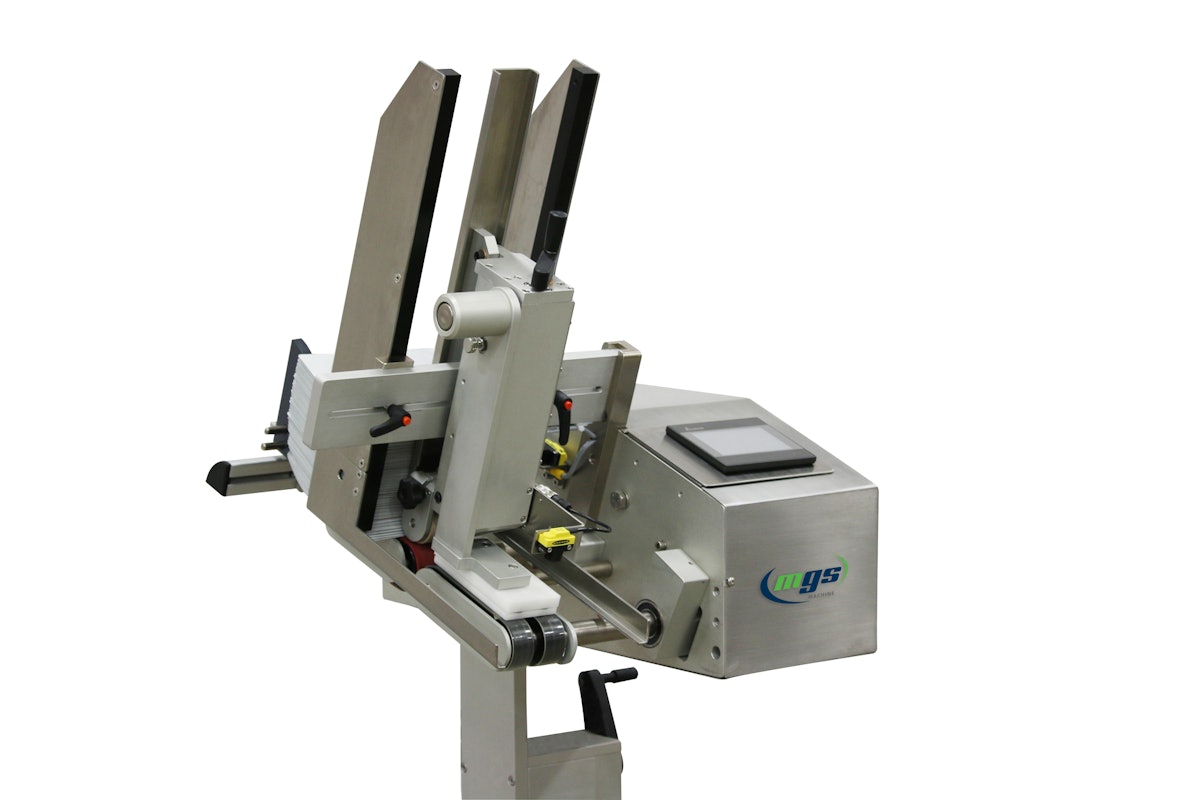Image Source: Google
Efficient and reliable production line operation is vital for manufacturing companies looking to meet increasing demands and maintain a competitive edge in the market. However, various challenges can arise in the production process, affecting productivity and overall efficiency. One technology that has proven to be effective in overcoming these challenges is friction feeder technology.
Understanding Production Line Challenges
Before delving into how friction feeder machine technology can solve these challenges, it is essential to understand the common issues that production lines face:
1. Inconsistent Feeding
- Manual feeding processes can lead to variations in the amount and timing of materials being fed into the production line.
- This inconsistency can result in product defects and overall inefficiency.
2. Material Jams
- Traditional feeding methods may cause material jams, leading to production delays and downtime.
- Clearing jams can be time-consuming and impact the overall production schedule.
How Friction Feeder Technology Can Help
Friction feeder technology offers a solution to these production line challenges by providing precise and reliable material feeding. Here are some key ways in which friction feeders can help improve production line efficiency:
1. Consistent Feeding
- Friction feeders are designed to deliver materials at a consistent rate, ensuring uniformity in the production process.
- This helps reduce product defects and wastage, ultimately improving overall quality.
2. Jam Prevention
- Friction feeders are equipped with mechanisms to prevent material jams, such as sensors that detect double feeds or obstructions.
- This proactive approach minimizes downtime and keeps the production line running smoothly.
Benefits of Implementing Friction Feeder Technology
Integrating friction feeder technology into production lines offers a range of benefits for manufacturers:
1. Improved Efficiency
- By eliminating inconsistencies and delays, friction feeders help streamline the production process and increase overall efficiency.
- This results in higher output rates and faster turnaround times.
2. Cost Savings
- Reducing product defects and downtime through the use of friction feeder technology can lead to cost savings for manufacturers.
- With improved efficiency, manufacturers can also optimize resources and reduce waste.
3. Enhanced Quality Control
- Consistent feeding provided by friction feeders contributes to better quality control by ensuring that every product meets the required specifications.
- This helps build customer trust and loyalty through consistent product quality.
Case Study: Friction Feeder Implementation
To illustrate the effectiveness of friction feeder technology in solving production line challenges, let's consider a case study of a manufacturing company that implemented friction feeders:
Company Background
The company, which specializes in packaging solutions, was facing issues with inconsistent feeding and frequent material jams on its production line.
Solution
The company decided to invest in friction feeder technology to address these challenges. The friction feeders were integrated into the production line to automate the feeding process and ensure smooth material flow.
Results
After implementing friction feeders, the company experienced a significant improvement in production line efficiency. Consistent feeding and jam prevention helped reduce product defects and downtime, leading to cost savings and enhanced product quality.
Conclusion
Friction feeder technology offers a reliable and efficient solution to common production line challenges faced by manufacturers. By ensuring consistent feeding and preventing material jams, friction feeders help improve overall efficiency, reduce costs, and enhance quality control. Manufacturers looking to streamline their production processes and stay competitive in the market can benefit greatly from implementing friction feeder technology.
